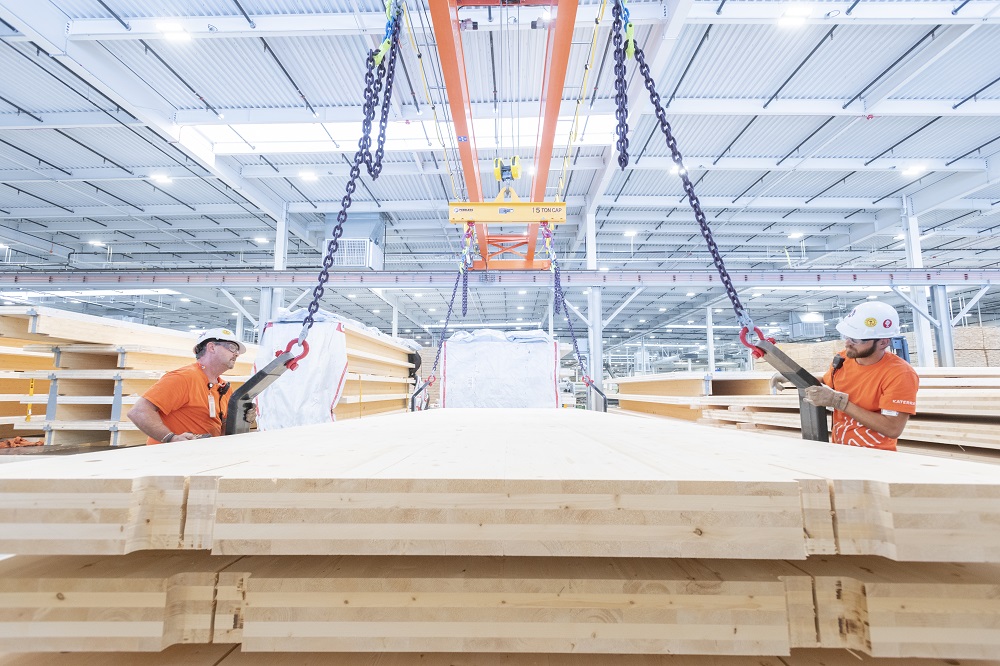MacRebur
There’s no shortage of company’s trying to improve the world’s roadways. Asphalt and concrete each have their own disadvantages, especially when maintenance environmental factors are taken into consideration. Plastic is a major problem for landfills, as well, as it can take an estimated 500 years to fully decompose. One UK company believes they can solve both maintenance and environmental problems through the use of recycled plastic.
MacRebur was founded by Toby McCartney, who was inspired after helping a charity in Southern India sort through a landfill to find reusable items. Some of the plastics found were placed into pot holes around India and lit on fire to help patch the hole. Knowing that lighting plastic on fire was not a viable solution in many areas, McCartney teamed up with two of his friends to develop a product now known as MR6.
MR6 is an asphalt additive that not only reduces the amount of bitumen needed in the mix, but also increases the tensile strength the pavement. Made from 100% waste materials, MR6 comes in pellet form to make it easy to mix into the asphalt. Company states that, besides increasing the tensile strength, it also improves cohesion/adhesion, improves fuel resistance, helps to resist deformation and rutting, increases resistance to cracking and fatigue failure, and lengthens the lifespan of the road. Initial tests have shown that this additive can outperform standard British asphalt by 60%.
The product was the winner of billionaire Richard Branson’s Virgin Voom 2016, a prestigious small business competition, winning the company about $65,000 (50,000 British pounds). MacRebur also raised over $1.7 million (1,316,120 pounds) on the crowdfunding site, Seedrs. They have also secured agreements with international asphalt producers Tarmac, Cemex, and Aggregate Industries.
The team has been working with city councils across the UK to trial their additive in new roads. In November of 2016, MR6 was used to resurface a runway at Carlisle City Airport in Cumbria, England.
Check out the video below for more information on the pavement:











Like most of the other electric machines that have been announced previously, Volvo promises that this midsized, 14 metric ton excavator will have the same performance as a similarly sized diesel version. The X03 is currently in the concept stage, so Volvo does not have immediate plans to bring it to market, but it shows the possibilities that electronics on heavy machinery can allow for.